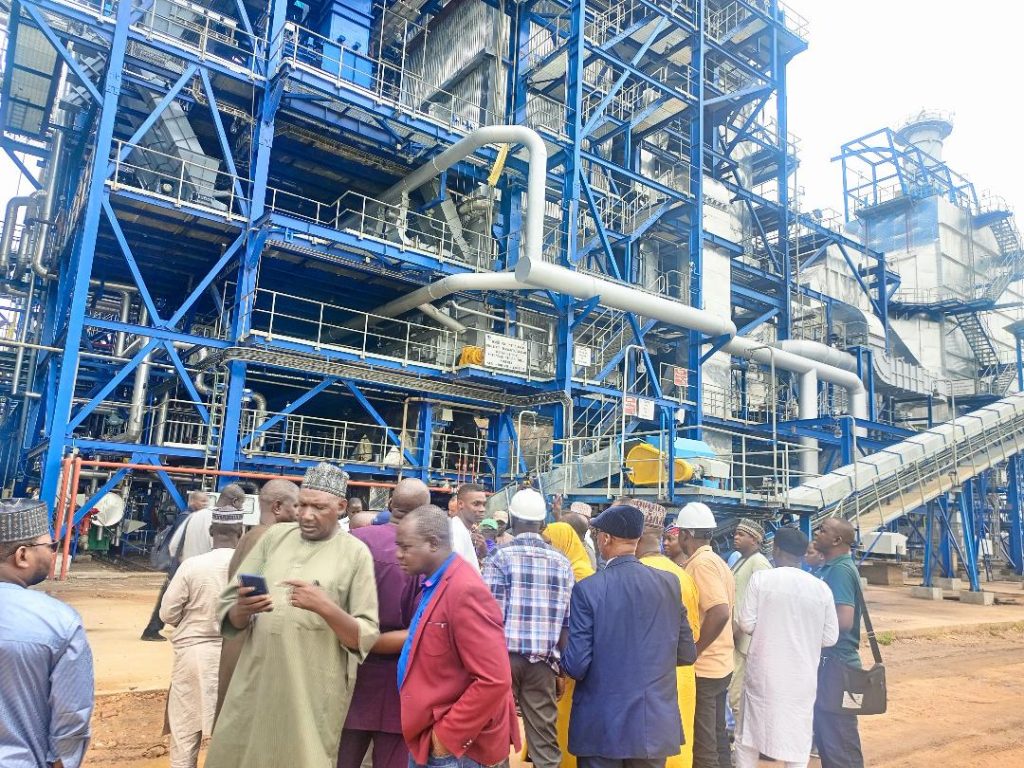
No respite on fuel price despite the Dangote Refinery hype __Regulator
Sopuruchi Onwuka
Despite the entire hullabaloo about Dangote Refinery and its influence in securing obligated crude oil supplies to local refineries, there will be no price reduction when all domestic refineries start producing petrol.

One of the regulators in the midstream segment of the petroleum industry who had an informal chat with The Oracle Today in Lagos made it emphatic that all the advantages in the presidential directive in domestic supply obligations would only benefit the refinery owners.
The high ranking official of one of the regulatory agencies, who reserved his identity because he did not secure approval to speak to the press, explained that whereas government has granted approval to Dangote Refineries for domestic crude oil supplies it would not translate to any change in domestic pump prices just as diesel from the refinery has not.
Commission Chief Executive of the Nigerian Upstream Petroleum Regulatory Commission (NUPRC), Engr. Gbenga Komolafe, stated in his address at the ongoing Nigerian Annual International Conference and Exhibition (NAICE) of the Nigerian Council of the Society of Petroleum Engineers (SPE) that regulators are implementing guaranteed crude oil and gas supply to entities in the domestic environment.
“To ensure robust development of oil and gas midstream operations, we are strengthening alignments on the administration of the Domestic Crude Supply Obligation (DCSO) and the Domestic Gas Delivery Obligation (DGDO) to grow the sector consistent with the provisions of the PIA,” he declared at the event.
In taking the discussions off stage, our source stated the cost economics and domestic competition would weigh against the Dangote Refinery when other new-build and rehabilitated refineries come online.
He pointed out that the Waltersmith’s Ibigwe Refinery, the Aradel Refinery and other proposed refineries are integrated developments that feed directly from oilfields hosting them. This means that the owners would primarily refine their own output as opposed to Dangote which is accused of hamstringing producers to sell crude oil to it at discount and in Naira.
“The only advantage we see here is that Dangote is closer to Nigeria than European refineries, and would take shorter time and less transport cost to deliver products to Lagos ports. That would be when you compare it with foreign refineries, anyway.
“Remember that Dangote is located in a free trade zone and is technically a foreign refiner seeking local benefits. So, it would be better to import from Dangote refinery in the short term than going to Europe.
“Other local refineries like Aradel and Waltersmith don’t need you to process import papers. Just arrange your supply with them and that is it. So, that is the difference between Free trade zone and local environment.
“On the Naira denomination, it makes it easier for all refiners, not only Dangote. But remember that the Naira payments will be indexed against the dollar. So, the crude oil producer sells at the prevailing foreign exchange rate, and with the current exchange rate I doubt if it will offer any price reduction.”
The Oracle Today reports that only the refineries operated by the Nigerian National Petroleum Company (NNPC) Limited have capacity to produce petrol in Nigeria. However, the NNPC refineries are currently moribund and are being revamped.
Despite the noise about crude oil supplies to Dangote’s refinery, Nigeria currently relies n imported petrol to fire private and commercial transportation, generate power for small businesses and home, and fuel some marine equipment.
Diesel for fuelling transportation and heavy machinery are sourced from Dangote Refinery, local modular refineries and illegal artisanal refineries.



